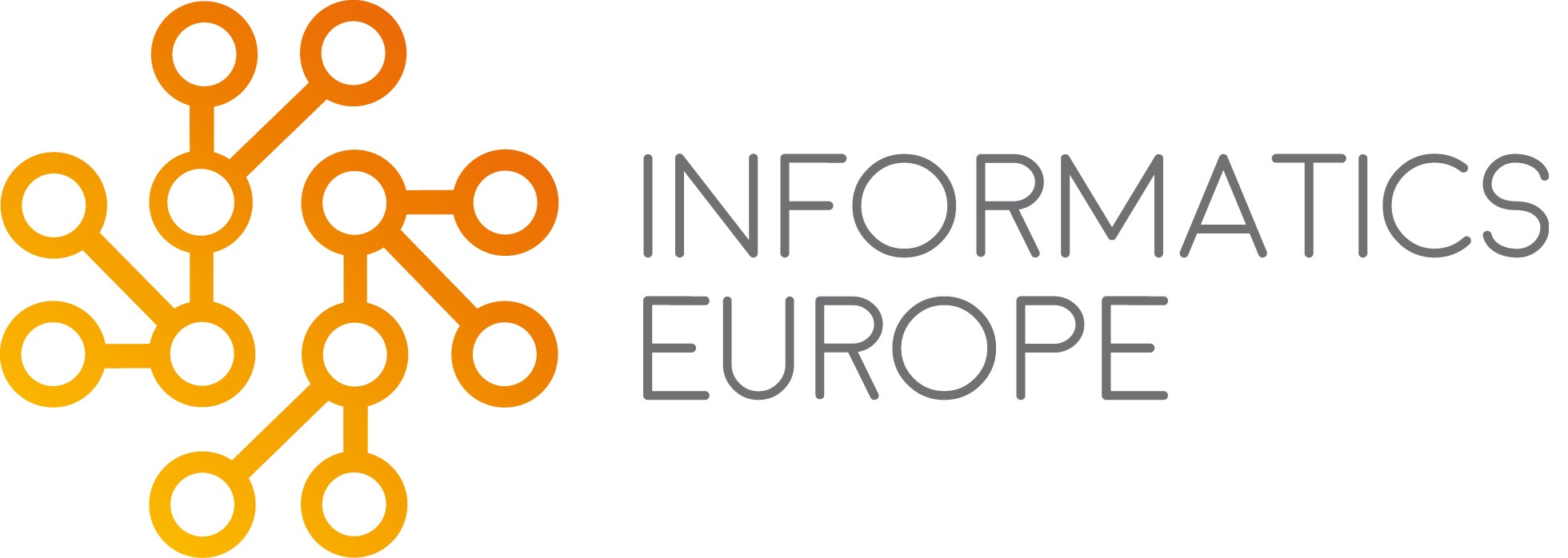Speakers, Bios & Abstracts
ECSS is known to bring prominent and high calibre speakers on stage. ECSS 2023 was not an exception.
The following keynote and workshop speakers were confirmed for ECSS 2023.
Click on the speaker photos to learn more about their talks.
Main Theme Speakers & Panellists
Stefano Ceri
Politecnico di Milano
Elham Kashefi
UK National Quantum Computing Centre
Jochen Viehoff
Heinz Nixdorf MuseumsForum
Mirella Lapata
University of Edinburgh
Ewa Luger
University of Edinburgh
Mira L. Wolf-Bauwens
IBM Research Europe
Leaders Workshop Speakers & Panellists
Richard Boardman
2Macs
Aurora Constantin
University of Edinburgh
Jacques Fleuriot
University of Edinburgh
Jane Hillston
University of Edinburgh
Marieke Huisman
University of Twente
Sara Shinton
University of Edinburgh
Early Career Researchers Workshop Speakers
Marco Aiello
University of Stuttgart
Manuel Carro
Technical University of Madrid/IMDEA Software Institute
Victor Lomüller
Codeplay Software
Dympna O'Sullivan
TU Dublin
Sara Shinton
University of Edinburgh
Ambrish Rawat
IBM Research Europe
Academia-Industry Sessions Speakers
Elizabeth Barr
Cisco Networking Academy
Laura Bernal
Edinburgh Innovations, University of Edinburgh
David Farquhar
Intelligent Growth Solutions Limited
Brian Hills
The DataLab
Michael Gienger
Honda Research Institute
Katy Guthrie
Edinburgh Innovations, University of Edinburgh
Faisal Kamran
Sony
Marisa Schneider
UnternehmerTUM GmbH
Kerry Sharp
Scottish Enterprise
Chris Van der Kuyl
4J Studios
Andrea Young
Old College Capital
Higher Education Data Workshop Speakers
Elisabetta Di Nitto
Politecnico di Milano
Svetlana Tikhonenko
Informatics Europe
Green ICT and ICT for Green Workshop Panellists
Vasilios Andrikopoulos
University of Groningen
Kawsar Haghshenas
University of Groningen
Brian Keegan
TU Dublin
AI and the Future of Informatics Education Workshop Speakers
Massimiliano Di Penta
University of Sannio
Thomas Gross
ETH Zurich
Filippo Lanubile
University of Bari
David López
Universitat Politècnica de Catalunya
Pierre Paradinas
CNAM / SIF
Laurent Romary
Inria


















































































